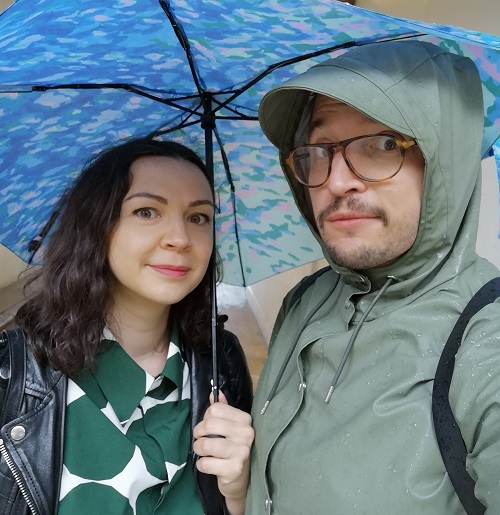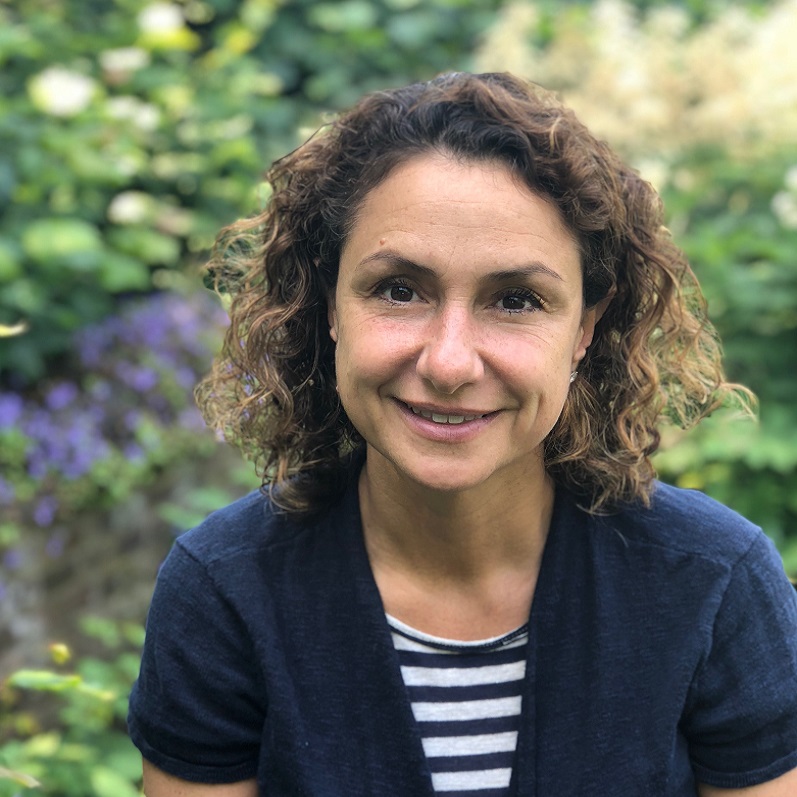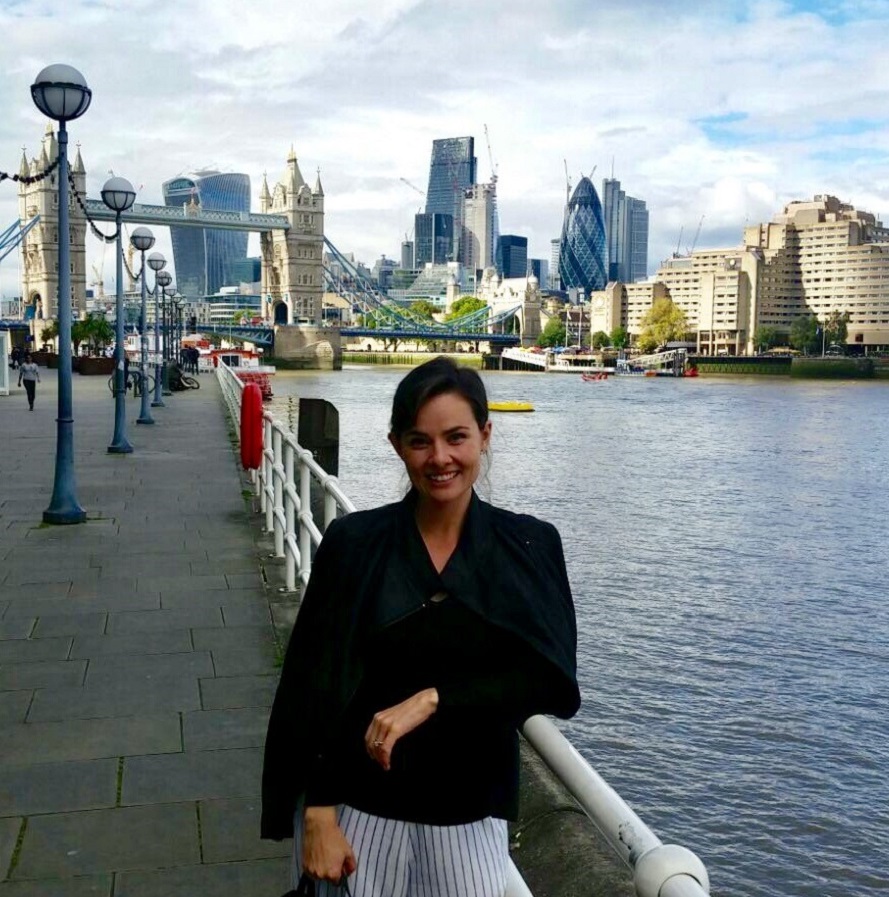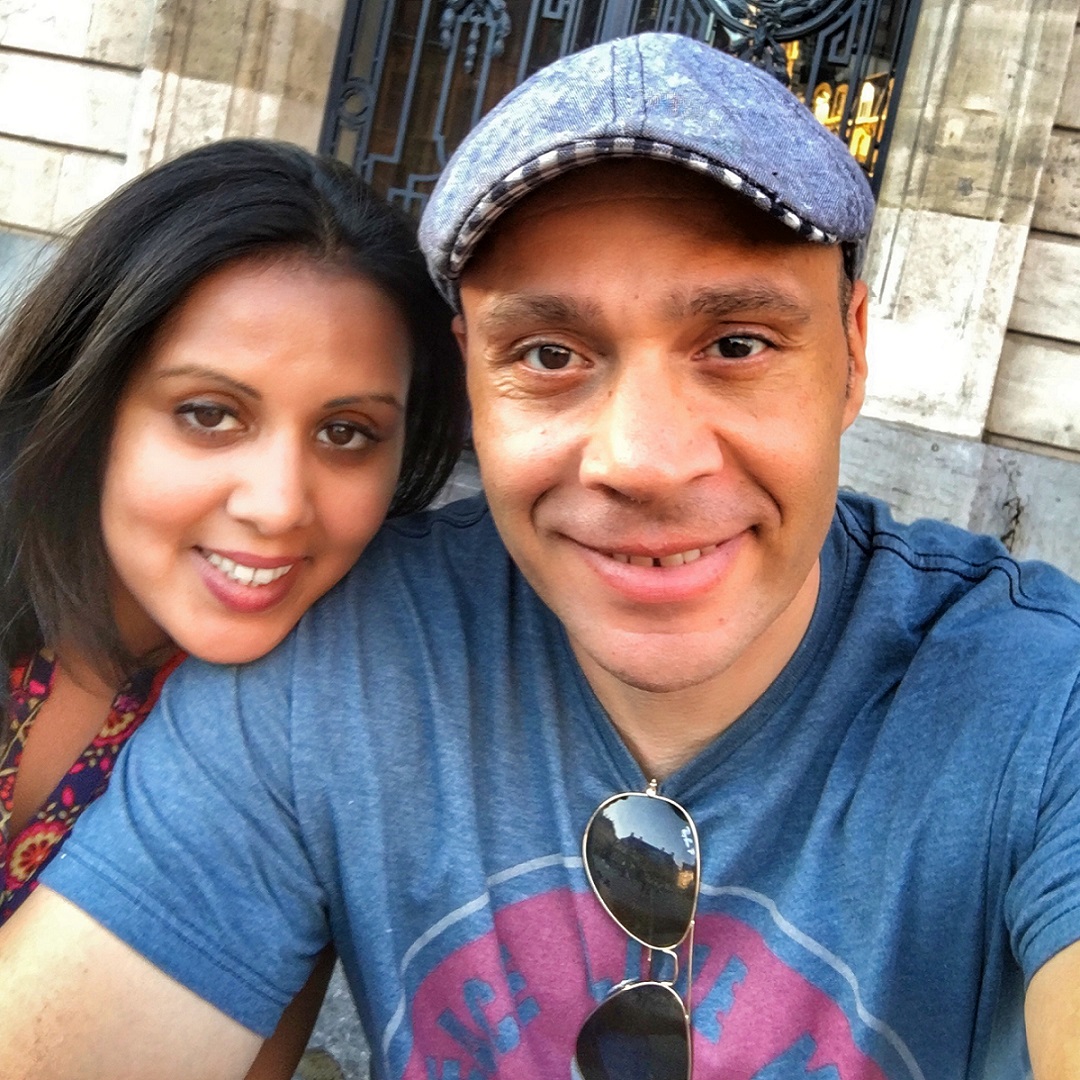Imagine the following conversation:
Me, on walking up to the door of the home of a new acquaintance I’ve met somewhere in Great Britain: “Good evening, John. Thank you for inviting me to your home. It’s a pleasure to share some more time with you and your lovely family.”
My host responds: “Bugger all, if your trainers don’t look posh! Come through—it’ll be a proper do, knees up. And that’s no pork pie. There’ll be bangers, crisps, toasties, and monkey nuts, bloke. Oi! Evelyn’s skint, but she’s not knackered. I ain’t takin’ the piss here, I’m chuffed, and that ain’t no kerfuffle, you wanker!”
I guess it must be time for me to use two of my favorite UK phrases, “Sorry, what was that?” “Would you say that again?” Now this was an imagined conversation. But, I often use those phrases or similar ones when people speak to me. Is there something wrong with my hearing? Well, yes although sometimes I simply get lost in some of my conversations. I’ve learned to nod, smile, and look fascinated on more than one occasion, not knowing what was actually being communicated.
As an American, I’ve learned American English. Are there differences between British-style English and other versions of English? You bet there are. In case you’re hungry for answers, here’s some food for thought (pun intended).
If you are a native of Australia, New Zealand, or India, you speak Australian English, New Zealander English, or Indian English. Sounds simple, right? But wait, speaking English gets more complicated. Each of those country’s version of English is different. Words, phrases, slang, and idioms differ in each English-speaking location. And then, there’s the little matter of dialects. According to Stevie Tan (2024), “Languages have a country, while dialects are regional.”
Dialects are varieties of a language that help to identify where a person comes from. There are also social components to a dialect, such as the social class of the community in which the person learned his/her English. Worldwide, there are more than 160 different English dialects. In Great Britain, there are 29 different dialects including 10 dialects in Scotland, Wales, and Northern Ireland. Each has its own idioms, slang, and sentence construction. If all this seems confusing, it is.
Now, as an expat living in Great Britain, I can’t tell the difference in dialects or in the regions of the Commonwealth in which a dialect is most commonly spoken. Perhaps, you are more attuned to the differences than I am. Here are just a few of the dialects that are spoken in Great Britain. Each can be associated with a geographic region.
Received Pronunciation, a dialect which is spoken by only about 2 percent of British people. It’s also called “The King’s English,” “Oxford English,” and “BBC English.”
Other Londoners speak a dialect called Estuary English. It’s found mostly in southern England from London, down the Thames, and into Sussex, Essex, and Kent. The idioms and pronunciations are a mixture of languages from many parts of the world, especially from the former British Empire.
Other British dialects include East Anglian, East Midlands, West Country, and Northern. Again, each of these dialects have their own idioms, slang, and style of pronunciation. Confused? So am I!
In America (which is only one of no fewer than 35 countries and territories where English is the official or predominate language), there are no fewer than 30 dialects. Having listened to Americans over decades as I’ve traveled across the U.S., I can usually guess within a few hundred miles where a person has learned his/her American English.
On a personal note, my own dialect is called Inland Northern English. It is spoken in Chicago, Detroit, Cleveland, Milwaukee, western New York state, and in much of the Great Lakes region. But Inland Northern was not my first dialect. Being born in the state of Arkansas, then moving to central Kentucky, I used to speak Southern American English. To this day, if I spend more than 48 hours with my southern relatives, I soon begin to use such idioms as “y’all,’ “Mamaw,” and “Papaw.” For the uninitiated, I just pronounced the plural form of “you,” and the words for grandmother and grandfather.
In sum, English, while it is the lingua franca of Great Britain, is spoken by hundreds of millions of people as a first or native language. Over a billion more people speak English as a second language. I’m hoping that you and I continue to be patient with ourselves as we live in an England that must have nearly as many accents as there are people. And as Stevie Tan (2024) has said, “Everyone has an accent. And they all sound beautiful.” Yes, that includes your particular brand of English and mine as well.
As a special “homework” assignment, I’ve listed below a few of the words and phrases I’ve overheard since I became an expat in Britain. If time permits, have some fun translating some of these.
Innit? Bits and bobs. Cheers! Ta! Bairns. Tube. Oyster card. Just so! Pounds, pence, quid, bob. Flat/ Lift. Diary. Wellies. A&E. Crumpet. Chutney. Jumper. Americano. Shortbread. Monkey nuts. Bangers. Crisps. Toasties. Torch. Streaky bacon rashers. All to pot. Blinding. Mate or bloke Bloody. Bollocks. Brilliant. Butchers hook. Bugger all! Car park. Chuffed. Cock up. Damp squib. Do. Dodgy. Gobsmacked. Gutted. Have a gander. Kerfuffle. Knackered. Muck. Nice one! Pork pies. Posh. Proper. Scrummy. Sick. Skive. Taking the piss. Throwing a wobbly. To nick or be nicked. Tosh. Trainers. Wanker. Oi. Cheeky. Bunties. Me car. [FB1] Skint. Meself. Belt and braces. Aye. Plaster. Loo. Boot and bonnet. A bit of lippy. Come through. Bob’s your uncle. Naff. Numpty. I’m off to Bedfordshire [FB2] Stitched up. Lurgy. Lairy. Spanner. Plonk. Tickety boo. Odds and sods. Wonky. Wee. Daft cow. Horses for courses. Effing and blinding. Faff around. I’ve come over all peculiar.
Oh yeah, and who could forget, “Donkey’s years.”
For further reading:
Boeree, C.G. (2004). Dialects of English. Retrieved 25 April 2024.
Italk.com (10 Dec 2022). How many English dialects are there in the world? Retrieved 24 April 2024.
Skelcy, D. (2023). Understanding English dialects. Preply Blog. Retrieved 24 April 2024.
Wikipedia: Simple English. List of territorial entities where English is an official language. Retrieved 25 April 2025.
Wikipedia: Simple English. English language. Retrieved 24 April 2024.
Wikipedia: The Free Encyclopedia. British English. Retrieved 25 April 2024.









